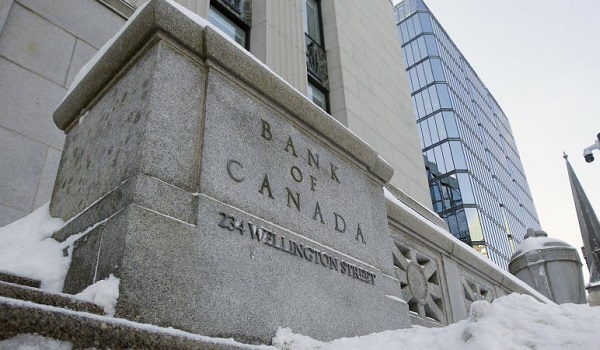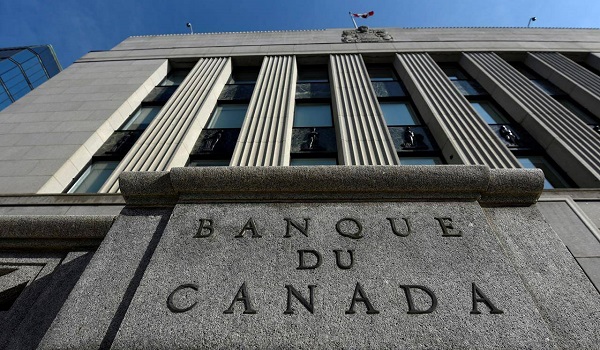Economists foresee a rate cut that could triple the size of the previous cuts on Wednesday
With the economy sputtering, the Bank of Canada will almost certainly try to give it some life by drastically slashing interest rates this week, economists and traders agree.
“It’s a very weak economy right now, and the unemployment rate came up fairly rapidly,” said Pedro Antunes, chief economist at the Conference Board of Canada.
While the Bank has cut its key overnight lending rate by 25 basis points — a quarter of a percentage point — three straight times, it’s set to cut it by at least 50 basis points Wednesday morning, or as much as 75, said CIBC chief economist Avery Shenfeld.
The overnight rate is now at 4.25 per cent, well above what the Bank has said it believes to be the “neutral” rate — a theoretical target which neither encourages nor restricts growth, said Shenfeld. There’s no time like the present for deeper cuts, he added.
“If a 3.5 per cent or lower overnight rate is appropriate for three months from now, it’s hard to see why it wouldn’t be even better to get there sooner, in order to shorten the wait for its impacts to kick in,” Shenfeld wrote in a research note.
The Bank has said publicly it believes a neutral rate would be anywhere between 3.25 to 2.25 per cent.
The Bank raised rates 10 times between March 2022 and last summer in a bid to wrestle inflation down to its two per cent target. Inflation peaked at 8.1 per cent in June 2022 as the Canadian economy opened back up from COVID-related restrictions.
The theory is that by making it more expensive to borrow money, consumers and businesses will spend less, driving down prices and slowing the economy.
Now, as the economy slows and inflation has been heading mostly downward, the Bank is taking the reverse approach, trying to stimulate growth by cutting rates. In September, Canada’s annual rate of inflation fell to 1.6 per cent, from 2 per cent the previous month.
The softening in the economy — including annualized Gross Domestic Product growth of 2.1 per cent in the second quarter — is unquestionably a concern for the Bank, said Nathan Janzen, assistant chief economist at RBC.
“Policymakers look increasingly worried that the current high level of interest rates is causing more economic pain than is necessary,” said Janzen, who expects a 50-point cut Wednesday and another 50-point cut in December — and even more cuts next year.
Speed is crucial, Janzen argued.
“Interest rate changes impact the economy with a substantial lag, increasing the urgency to get rates back down to a more neutral policy quickly,” said Janzen.
There’s even more urgency needed, said the Conference Board’s Antunes, because one of the bedrocks of economic growth over the past few years — rapid population growth — is set to take a tumble as the federal government cuts permits for international students and temporary foreign workers.
Population growth has been masking substantial weakness on a per-capita basis, Antunes said.
“That population growth has really been the only thing that’s been giving us any GDP growth at all,” said Antunes, adding that consumer spending has been hit especially hard. “We’ve seen a recession-level drop in consumer spending per capita.”
Most private sector forecasters are expecting third-quarter data to show growth slumping to an anemic annualized rate of just above one per cent.
So if there’s such a pressing need to kick-start the economy, why has the Bank waited so long for bigger rate cuts? It’s once bitten, twice shy, said Antunes, who pointed to a sudden boost in real estate prices when the Bank announced in March 2023 that it was pausing its rate-hiking campaign.
“I think they were very worried about a repeat of what happened in 2023,” said Antunes. “Now, we’ve had 75 points of cuts, and nothing’s really moved in real estate, so I think they’ve got more room to cut more quickly.”
This article was first reported by The Star












